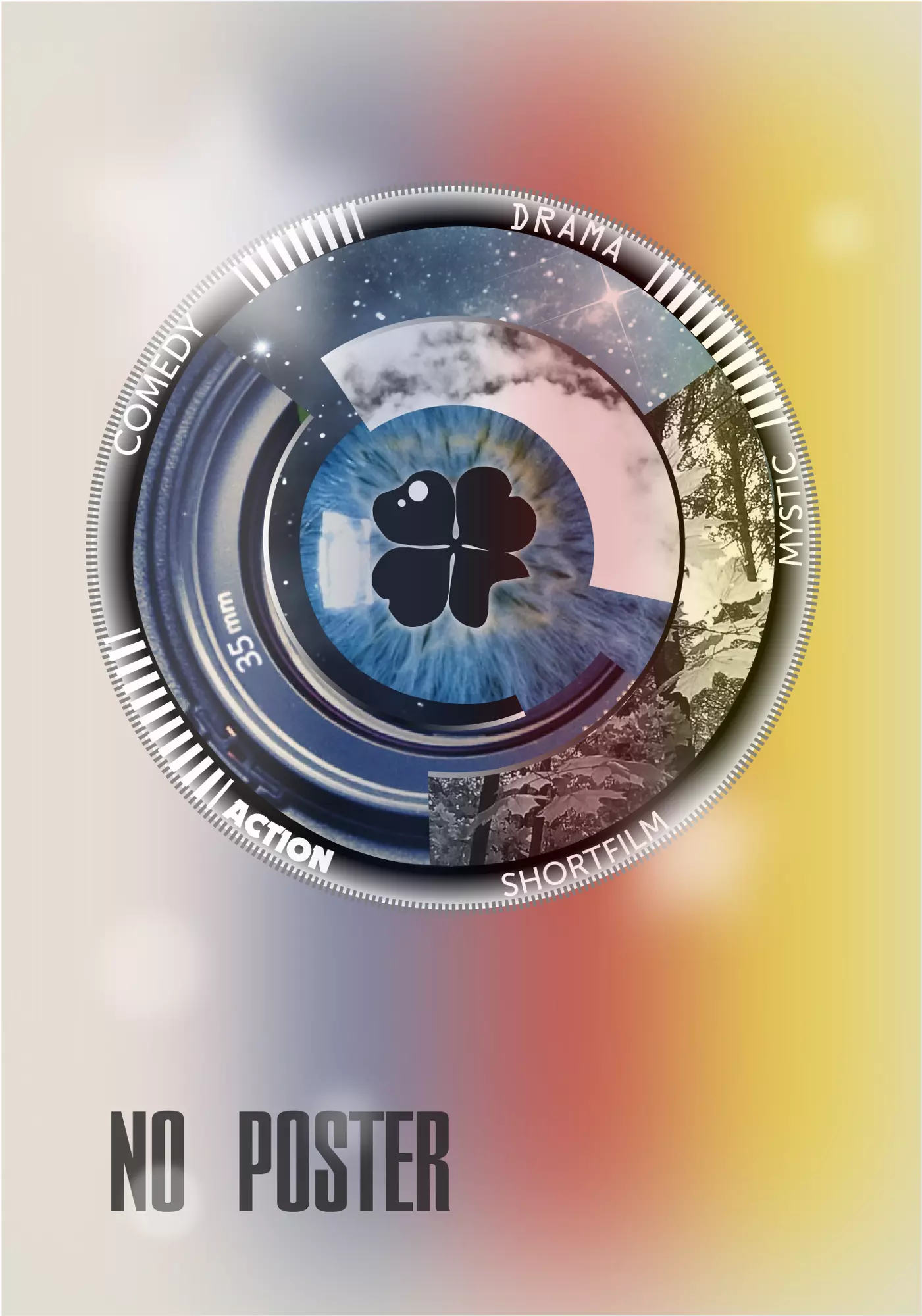The Mystery of the Rosetta Stone
The Mystery of the Rosetta Stone
This is the story of Jean-François Champollion, the brilliant linguist, genius and one of the first true Egyptologists. The programme begins in Egypt in 1798, when the country had been virtually closed to Europeans for centuries and its ancient culture lost and forgotten for over a thousand years. Napoleon has with him scholars, including antiquarians and linguists, whose job it is to unravel the mysteries of ancient Egypt. But they were able to achieve little more than to paint its beautiful ruined monuments and wonder what it all meant, for Egypt's secrets were locked in the strange ancient writings, the hieroglyphs. Meanwhile, Napoleon's soldiers have unearthed an extraordinary object that offers a crucial clue. The Rosetta Stone has written on it a proclamation by Pharaoh Ptolemy V, in three different texts, Greek, and the common writing of the time, the sacred script of the hieroglyphs. However, before a translation can begin, the British defeat Napoleon and The Rosetta Stone is taken as a spoil of war to the British Museum. The French are left only with copies... Back in Europe, the Stone proves impossible to decipher, and the greatest minds in the continent give up. Authorities on either side of the Channel search for a genius. Anglo-French rivalry intensifies when the two geniuses recruited for the task begin work. Englishman Thomas Young, a great scientist with a razor-sharp analytical mind, and a brilliant linguist, the young Frenchman Jean-François Champollion, start the race to crack the hieroglyphics. Young takes a typically methodical approach, essentially using mathematics - comparing the scripts to analyse how often certain words or hieroglyphs appear. He makes a number of breakthroughs, including working out how to read the name of the Pharaoh Ptolemy. Young always believes that the ancient hieroglyphs are really just symbols (like road signs) and do not make sounds in the same way as words do - to him, The Rosetta Stone is nothing more than a giant crossword puzzle. Champollion instinctively takes a very different approach. He has already learnt Coptic, a language that survives only in the Egyptian Coptic Church, because he believes that it is the nearest living language to that spoken by the Ancient Egyptians. Through his linguistic ability, he is able to trace back Coptic to earlier forms of Egyptian writing, and beyond, all the way back to the hieroglyphs. He makes the key breakthrough, that the hieroglyphs are more than just symbols - they could make sounds, too, just like an alphabet. Champollion brings honour to France and discovers the key to unlocking the secrets of Egypt. However, he would have to go there to read the story of the Egyptians for himself, and, in doing so, came to the attention of the Catholic Church...
